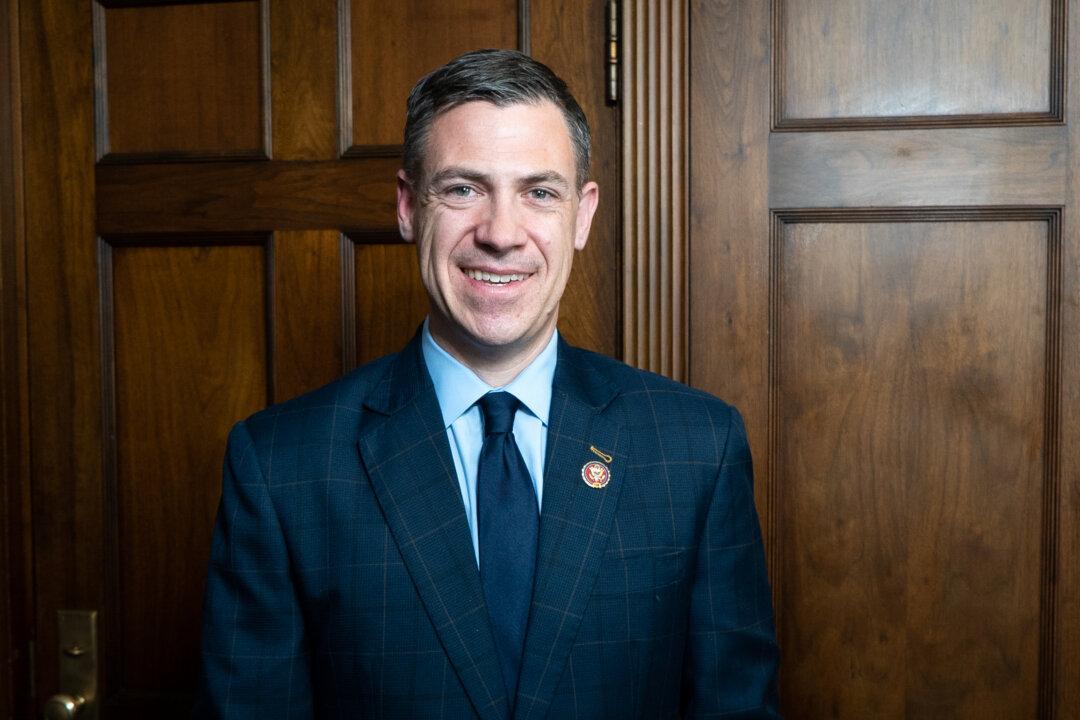For the first time in its history, the Republican Study Committee (RSC)—the largest conservative caucus on Capitol Hill—will make countering the Chinese Communist Party (CCP) a key part of its agenda under the leadership of its newly elected chairman, Rep. Jim Banks (R-Ind.).
As part of this large-scale effort, Banks said that he and others in the House committee will introduce more than 20 bills this week alone dedicated to confronting the China threat and holding the Biden administration accountable for weak policies on China.





